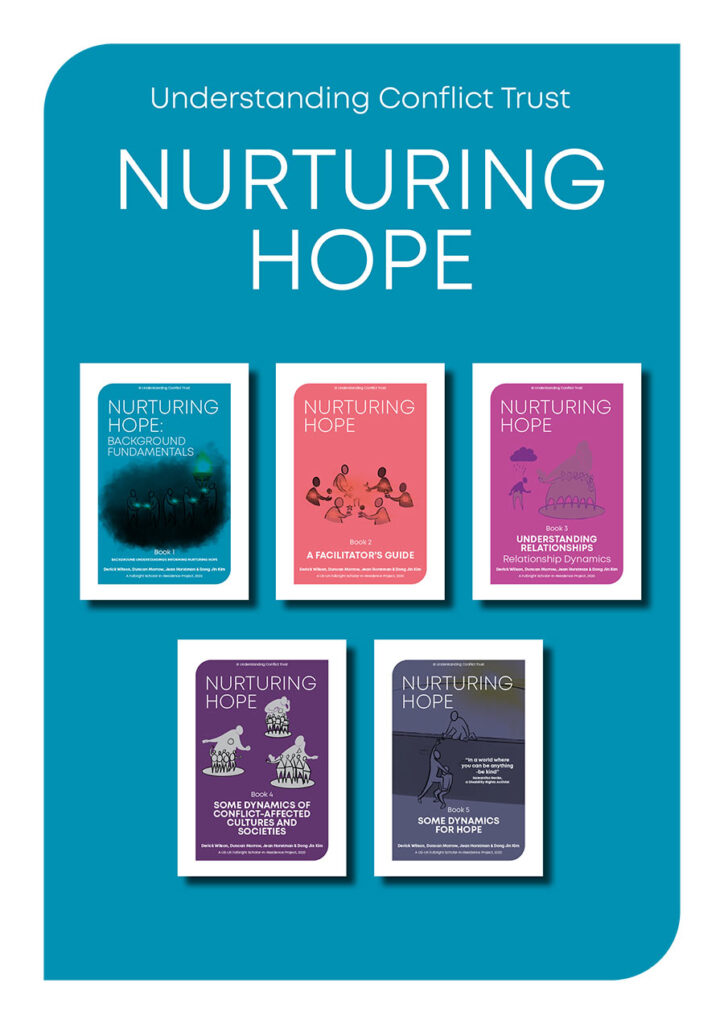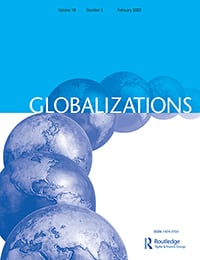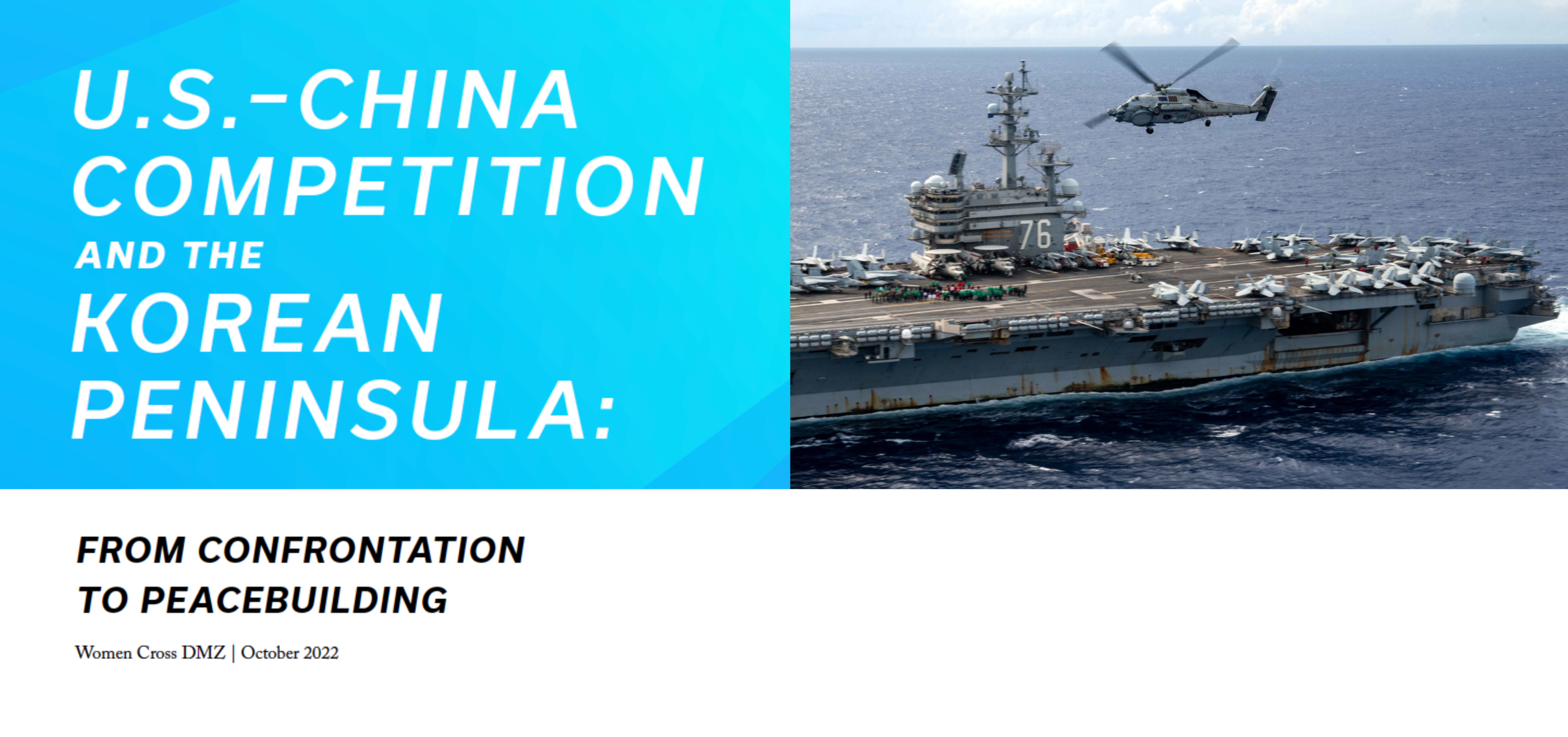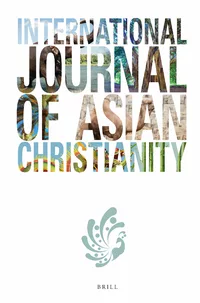This article explores lesson sharing between local civil society peacebuilders in the Korean and Northern Ireland peace processes. It presents reciprocal empowerment, a concept primarily utilized in women’s empowerment literature, as a useful conceptual framework to be developed for examining interactions between local civil society peacebuilders who have mutual self-interest to overcome obstacles in top-down peace processes. Recently, historical similarities and concurrences in the peace processes have been increasing the lesson sharing visits between Korean and Northern Irish peacebuilders. Based on the in-depth empirical research on these visits, this article argues that comparative consultations between peace processes would not only generate useful lessons for each context, but also empower local peacebuilders, civil society in particular, provided the comparisons and interactions are reciprocal, not unidirectional or hierarchical. In this sense, this article contributes to the conceptual and practical discussions of every day, emancipatory peacebuilding.
Book, 2022

Nurturing Hope
‘Nurturing Hope’ is an extensive five–book learning resource, written by Derick Wilson, Duncan Morrow, J. Jean Horstman and Dong Jin Kim, being published by the Corrymeela Press.
The ‘Nurturing Hope’ resource grows out of the experience of people in Northern Ireland, and the wider world, who chose to hope in times of darkness. They chose to find a way forward that included standing together with those who had been scapegoated. It draws on Corrymeela members’ decades of experience and was developed with learning partners in South Korea and the USA.
U.S.-China Competition and the Korean Peninsula: From Confrontation to Peacebuilding shows how the Korean Peninsula has become the fault line for rising U.S.-China tensions. Released by Women Cross DMZ, the report argues that peacebuilding in Korea offers a much-needed opportunity for U.S.-China cooperation, which would help to reduce tensions, build trust, and, most crucially, avoid a possible war.
Informed by the resource mobilisation theory, this article conducts a case study on Christianity in Korea, in order to explore the nexus between religion and social movements, and how this nexus could contribute to peace, rather than violence. Given its geopolitical dimensions, involving nuclear weapons and the legacy of the Cold War, the role of religion in the Korean conflict has been under-researched. Nonetheless, Christianity has influenced the Korean conflict, with its association with anticommunism, as well as with peace movements. This article argues that Christian ecumenical organisations in the context of the Korean conflict utilised their social resources for peace and reconciliation, when they rediscovered the just peace tradition in Christianity. This article contributes to theoretical and practical discussions surrounding religion, war, and peace, by conceptualising just peace in the Christian tradition, and by adding empirical substance to the nexus between ecumenism and social movement for just peace.



